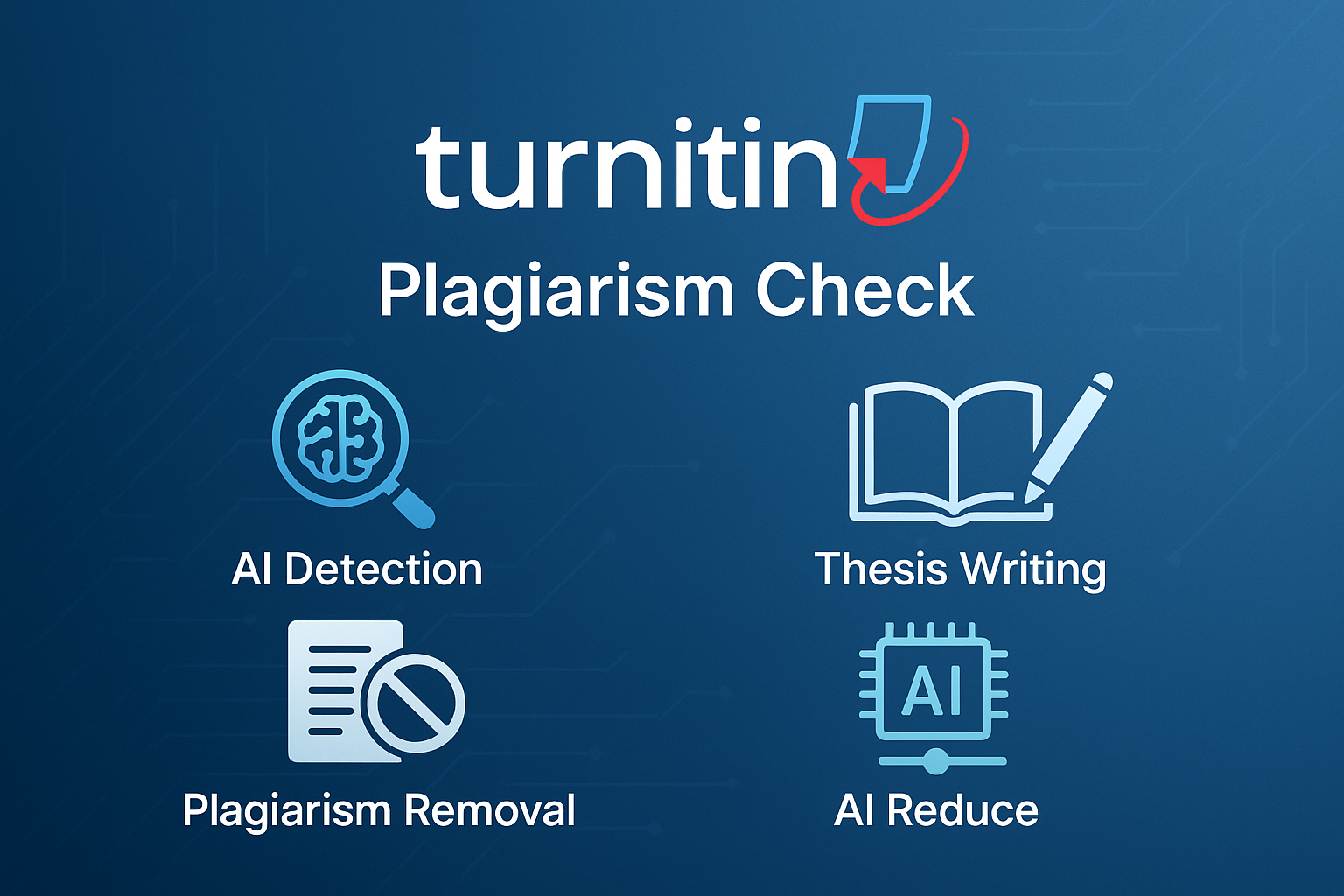
Essential Ethics in Research and Publishing
Ethical Considerations in Research and Publishing
Conducting research and publishing findings are critical components of advancing knowledge, but they come with a host of ethical responsibilities. One of the foremost principles is informed consent. Before involving participants in any study, it is essential that they fully understand the research’s nature, purpose, and potential risks, and that they voluntarily agree to partake.
Key Ethical Considerations
Here are some fundamental ethical considerations that researchers must keep in mind throughout the research and publication process:
- Protection of Vulnerable Populations: Researchers must take extra precautions when working with vulnerable groups, such as children, individuals with cognitive or emotional impairments, prisoners, or pregnant women. Special care is needed to protect these individuals from potential harm.
- Confidentiality and Privacy: Maintaining the confidentiality and privacy of participants is a core ethical obligation. Researchers must avoid disclosing personal information without consent and must implement robust measures to safeguard data.
- Deception in Research: While there are instances where deception may be necessary to achieve accurate results, it should be avoided whenever possible. If deception is utilized, it must be justified by the significance of the research.
- Conflict of Interest: Researchers are required to declare any potential conflicts of interest that could bias their work, including financial or personal relationships that may influence the research outcomes.
- Data Integrity: Ensuring the integrity of data is paramount. Researchers must adhere to rigorous standards during data collection, storage, and analysis, avoiding any fabrication or falsification of data.
- Publication Ethics: When submitting papers for publication, researchers must follow established publication ethics. This includes avoiding plagiarism, not fabricating data, and properly acknowledging sources.
- Animal Research Ethics: For studies involving animals, researchers must consider the ethical implications and take necessary steps to minimize harm.
- Cultural Sensitivity: In cross-cultural research, it is critical to respect the cultural norms and values of participants, ensuring that the research does not inadvertently cause offense or harm.
- Transparency: Researchers must be open about their methodologies, data, and results, allowing others to evaluate and replicate their work effectively.
- Responsible Dissemination: Researchers should be thoughtful about how their findings are shared and ensure that the dissemination is responsible and does not mislead or cause harm.
- Collaboration: Ethical collaboration involves sharing data, methods, and results with fellow researchers to enhance scientific understanding and progress.
- Respect for Human Rights: Researchers must adhere to human rights principles, avoiding any research that could negatively impact individuals or communities.
- Responsible Use of Technology: With the rise of new technologies like artificial intelligence and big data, researchers must consider the ethical implications of their usage, particularly regarding individual rights and privacy.
- Open Access Considerations: While making research openly available can promote knowledge sharing, it is essential to assess the potential risks to individuals or organizations involved.
- Responsible Funding: Researchers should critically evaluate the ethical implications of their funding sources to ensure that they do not compromise the research’s integrity or participant safety.
Conclusion
In summary, the journey of conducting and publishing research is fraught with ethical considerations that must be addressed diligently. Researchers have a profound responsibility to protect the rights and well-being of their participants, ensure the accuracy and integrity of their data, and share their findings responsibly. By adhering to these ethical principles, researchers can contribute to a more trustworthy and respectful scientific community.
Plagiarism Detection Tools for Non-University Users: Turnitin Plagiarism Check
Plagiarism is a serious concern for students, independent researchers, authors, and freelancers. […]
Ways to Detect Plagiarism Without Access to Turnitin
Turnitin is one of the most popular plagiarism detection tools used by […]
Can Turnitin Detect Plagiarism Tricks? Understanding Turnitin’s Capabilities
Can Turnitin Detect Plagiarism Tricks?
Turnitin is one of the most trusted tools […]
Turnitin Plagiarism Detection Benefits
Turnitin Plagiarism Detection Benefits
Turnitin is one of the most trusted and widely […]
What Is an Acceptable Turnitin Similarity Score in 2026? A Complete Guide for Students
What Is an Acceptable Turnitin Similarity Score in 2026? A Complete Guide
In […]
Plagiarism Checking and Removal Services on WhatsApp – Fast & Reliable Support
Introduction:
In today’s academic and professional world, ensuring that your work is plagiarism-free […]


